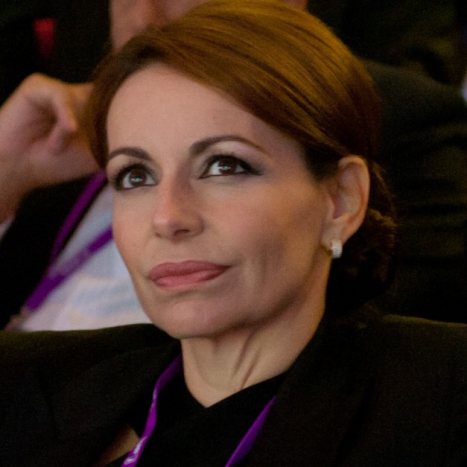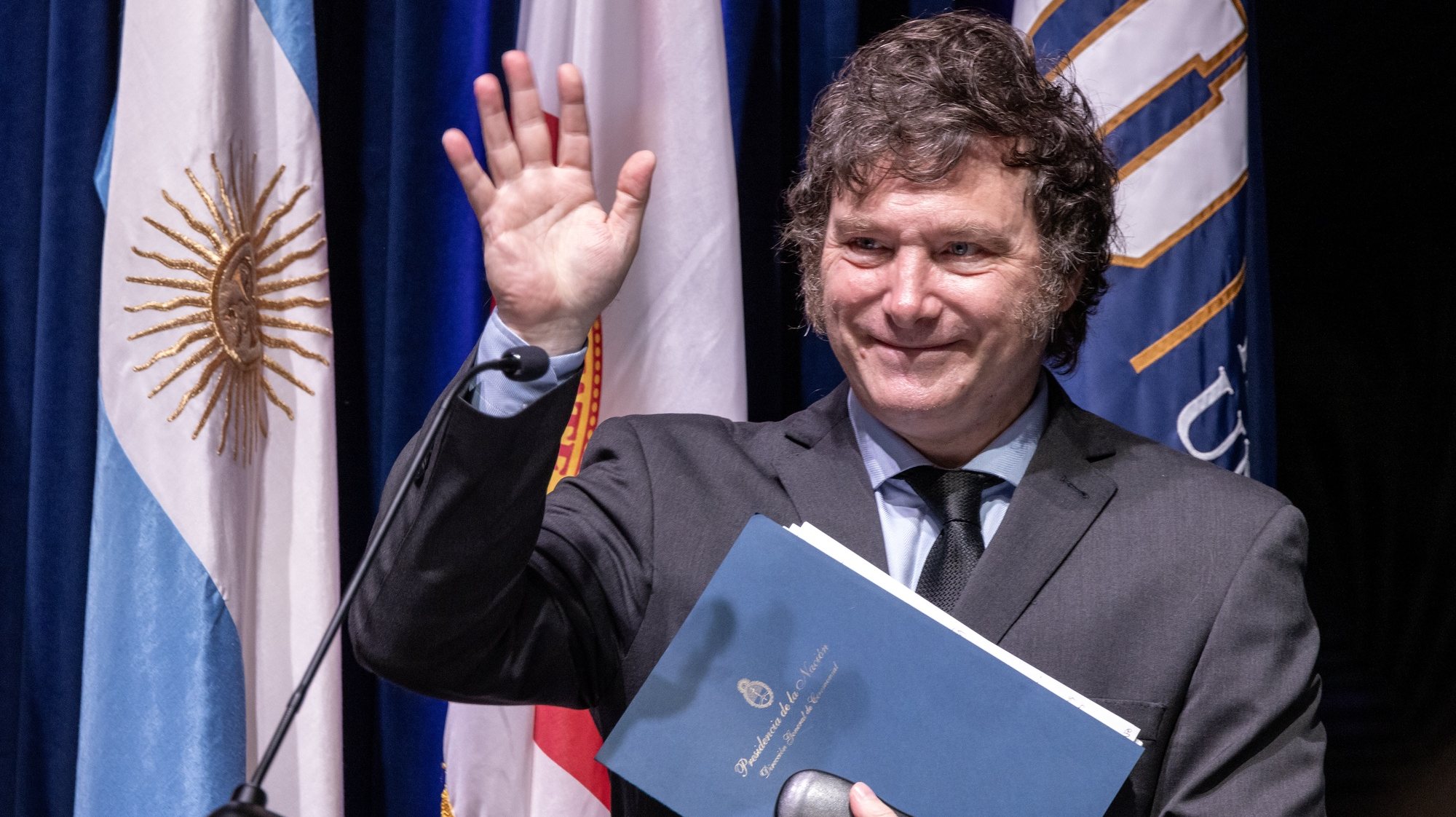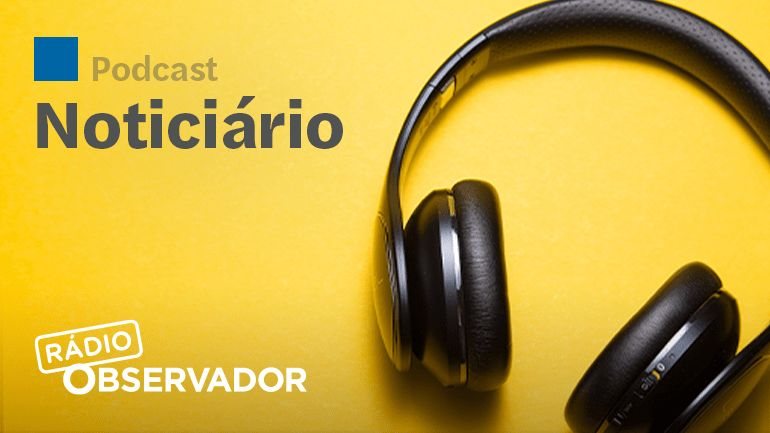The recent horrific beheading of a teacher in Paris last week, apparently in response to his using Charlie Hebdo cartoons in a classroom discussion on free speech, is the latest example of the need to stand up for free speech. It’s a sign of our times, where suppression of speech is taken for granted, that this news has got less coverage in the media than it merited. We need to reaffirm our commitments to free speech and the freedom to offend.
The more society licences people to be offended, the more people will seize the opportunity to feel offended. And the deadlier their outrage will become.
I previously wrote here of how our societies had become imbued with the notion that certain ideas are taboo and that people, in general, have a right not to be offended. This thinking, I argued, is highly pernicious, not only to the continued development of our societies but to the very freedom that underpins Western liberal democracies.
By treating certain ideas as off-limits, not to be discussed in respectful society, we are making a big mistake. Free speech does not enable bigotry and extremism, as some would have us believe. Ignorance and isolation do. Honest, open-ended conversations can change people’s minds. Suppression of speech does not change the way people think.
Such was the belief of the French school teacher Samuel Paty, who sought to examine and encourage freedom of expression. Tragically his life was cut short by an extremist student that saw debate and exchange of opinions as a threat to his ideology.
Offense is subjective. Some people have thicker skins; others are more sensitive. Some people have a sense of humour. Others don´t. To take offense is one’s choice, and not the choice of the offender. If offense is subjective, the right to silence others is arbitrary. Do we really want to leave this decision in the hands of the state or a group of activists? Because if I have a right not to be offended, someone needs to secure that my right is being protected. Clearly stated, someone needs to police what is being said and ultimately decide if an offense was made and if action needs to be taken. This conjures up a nightmarish vision of a Brave New World.
Universities are now professed “safe places”, where students need to be shielded from uncomfortable ideas. I am of the opinion that the main missions of a university is to teach students how to think for themselves, to exercise their powers of critical thinking, to distinguish vetted fact from rumour or superstition, to reason logically and avoid the fallacy biases to which the human mind is prone. All of the above are connected to robust free speech. How are students to challenge their minds if they are surrounded by like-minded people?
We grow from discomfort. Discomfort is a gateway to tolerance. It is the price we pay for living in a democracy and participating in the open exchange of ideas. It is also essential for human progress. Copernicus offended the Christian church with his assertion that the Sun was at the centre of the solar system. It wasn’t long ago that if someone defended the idea that a man should be allowed to have sex with another man, would be considered offensive.
It is true that not all people have the same skill set to have uncomfortable conversations in a productive way. That is why it is imperative for schools and universities to teach critical thinking. In essence, to empower students to exercise their own judgements, to have the courage to voice these and to be able to defend their point of view using reason, logic and facts.
That mission is impossible if uncomfortable ideas are off-limits. The University of California now believes it is a racist “micro-aggression” to say that “America is a land of opportunity” because it could be taken to imply that those who did not succeed have themselves to blame.
This madness is not limited to America. Recently the Polytechnic of London insisted a comedian sign a contract that he would follow a tolerant policy with regards to “racism, sexism, classism, ageism, biphobia, transphobia, xenophobia…” and the list goes on. They also stipulated that all jokes needed to be “respectful and kind”. I’m wondering what this poor chap could joke about? If the British have one thing going for them, and God knows it is not their cuisine, it is an amazing sense of humour. I mourn its demise.
Everything should be up for discussion. We need to understand our opponents, not demonise them. Life will be much poorer if we were no longer able to watch George Carlin’s delightful stand-up routines on religion or Ricky Gervais. I doubt the BBC would have taken the risk today to produce the Monty Python film “The Life of Brian”?
We live in strange and dangerous times. Climate change deniers are either committing blasphemy against Miss Greta Thunberg’s eco-gospel (a badge of honour once held by religion) or suffer from a severe psychological disorder since denial reflects an “addiction to consumption”. This was actually the topic of a recent psychologist’s convention in the U.S., I kid you not.
Decrying critics as deranged or “intellectually challenged” is nonsense and dangerous. It reflects just how much hostility exists today towards the basic right to express one’s dissent from that of the majority and how far we are willing to go to silence the uncomfortable minority.
What about “hate speech”, “micro-aggressions”, or “triggers” voiced against minorities? This begs the question of what constitutes hate speech or micro-aggressions? Some are obvious. Hate speech that incites violence should not go unpunished. Hate speech that amounts to bullying should also not be tolerated. Others are up for grabs. As a liberal society, we should err on the side of free speech.
For example, France recognises the right to blaspheme. It is legal to insult a religion. It is not legal to insult or incite hatred of an individual on the basis of that religion. Why satirical images of the Prophet Mohammed should provoke Islamophobia and the humiliation of those of the Muslim faith is beyond me. As a Catholic, I may consider it in bad taste but I would not be personally offended if Jesus were mocked.
I’m always amazed how radical liberals think that suppressing freedom of expression will ultimately lead to a more equitable, fairer and freer society. To believe that freedom of expression encourages bigotry, racism, sexism and so forth is a bit like trying to square a circle, a problem that has eluded humanity for over 2000 years. The National Socialists (Nazi’s) came to power because of very specific political and economic conditions in Weimar Germany, not because it had too much freedom.
In a plural society, some of what we say, others will find offensive. Free speech should provoke. It may offend, it might be unfair and it could even engender some prejudice. But this is the price we pay of living in a free society.
The best way to fight hate speech is with better speech and better ideas. You can only demand respect from others if you treat them with respect. Neither is done by clamping down on free speech. We should not treat free speech as a fungible good to be traded off against other virtues like comfort and inclusion. Ultimately, if you disagree, it is the right of free speech that allows you to do so.












